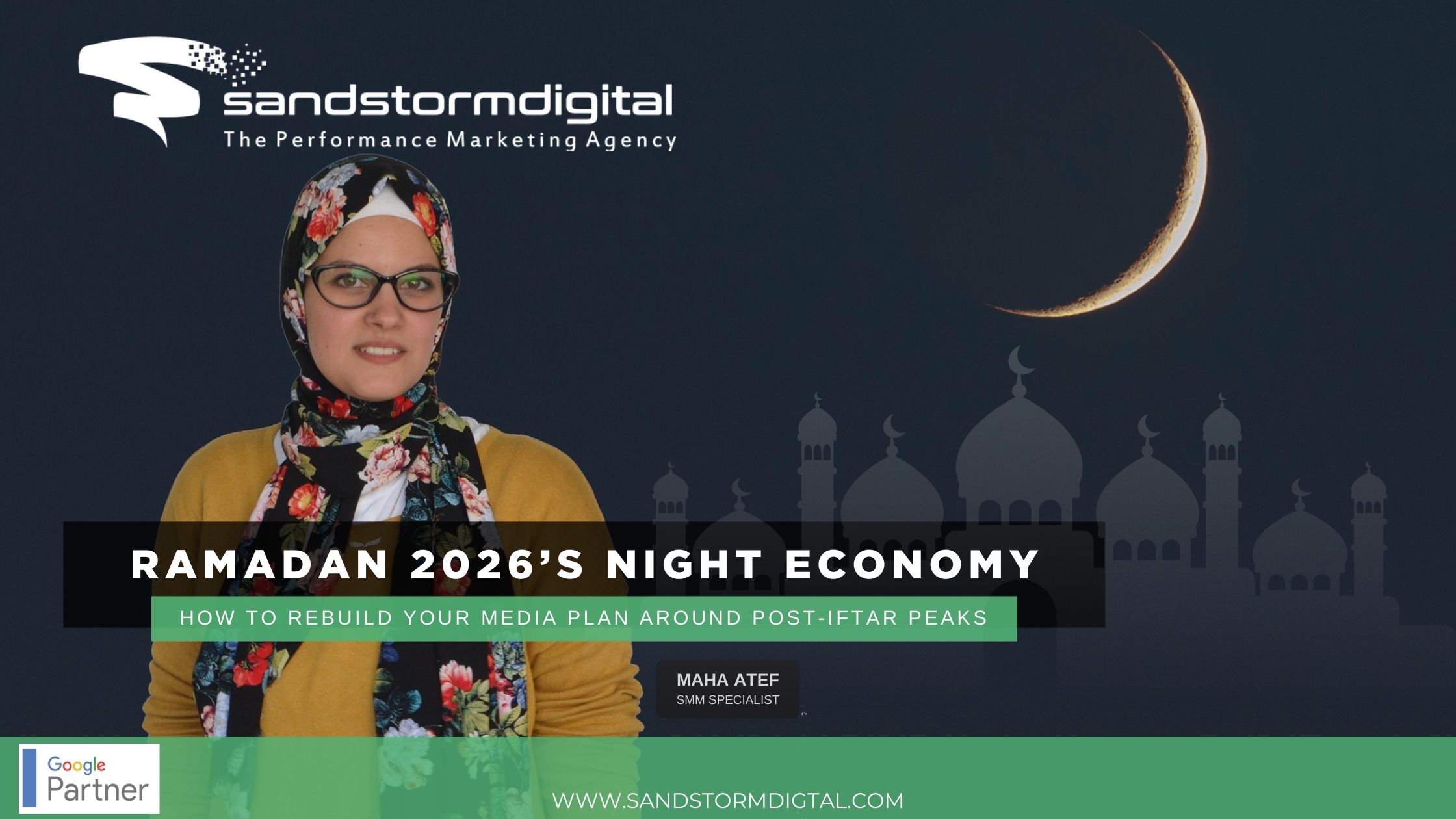A significant change is rolling out, Google Analytics 4 (GA4) has officially started to phase out third-party cookies, this move comes as a response to the evolving privacy concerns and regulations, as well as a commitment to providing users with more control over their online data. In this blog post, we’ll explore the implications of this change, its impact on digital marketing strategies, and how businesses can adapt to the new era of user-centric analytics.
The Shift Away from Third-Party Cookies:
Third-party cookies have long been the backbone of digital marketing and analytics, enabling businesses to track user behavior across various websites. However, concerns over user privacy and increasing regulatory scrutiny, as seen with initiatives like GDPR and CCPA, have led major players like Google to rethink their approach. Google Analytics 4, the next iteration of the widely used analytics platform, is at the forefront of this paradigm shift. If your digital marketing depends on targeted advertising with third-party cookies, it’s time to reconsider your tactics.
Implications for Digital Marketing:
- Enhanced User Privacy: Google’s decision to phase out third-party cookies aligns with the global trend toward prioritizing user privacy. With GA4, there’s a greater emphasis on user consent and transparency, ensuring that businesses collect and use data responsibly.
- First-Party Data Importance: As third-party cookies take a backseat, the significance of first-party data grows. Businesses will need to focus on building direct relationships with their users to collect and leverage first-party data effectively. This involves creating engaging content, implementing effective email marketing strategies, and encouraging user interactions within their owned platforms.
- Revamped Targeting and Personalization: The removal of third-party cookies will undoubtedly impact targeted advertising and personalized marketing efforts. Marketers will need to explore alternative methods, such as cohort analysis and machine learning models, to understand user behavior and deliver relevant content without relying on individual tracking.
- Adapting Analytics Strategies: Businesses using GA4 will need to adapt their analytics strategies to the changing landscape. The platform’s emphasis on event-based tracking and machine learning models will provide new opportunities for insights, but it requires a shift in mindset and approach from traditional analytics methods.
How Brands Can Prepare:
- Transition to Google Analytics 4 If your organization hasn’t already, now is the time to transition to GA4. The platform is designed to handle the evolving digital landscape and provides the tools needed to navigate a post-third-party cookie world.
- Focus on First-Party Data Collection: Invest in strategies that encourage users to share their data willingly. This includes optimizing website experiences, implementing loyalty programs, and leveraging interactive content that encourages user engagement.
- Explore Alternative Tracking Methods: With third-party cookies on the way out, it’s essential to explore alternative tracking methods. GA4 introduces event-based tracking, allowing businesses to focus on specific interactions rather than relying solely on pageviews.
- Stay Informed and Adapt: The digital landscape is ever-changing, and staying informed is crucial. Regularly update your team on industry trends, privacy regulations, and advancements in analytics technologies to ensure your strategies remain effective.
As Google Analytics 4 prepares to bid farewell to third-party cookies in 2024, businesses need to embrace the change and adapt their strategies accordingly. This shift represents an opportunity for a more user-centric and privacy-conscious approach to digital marketing and analytics. By transitioning to GA4, prioritizing first-party data, and exploring alternative tracking methods, businesses can navigate the evolving landscape and continue to thrive in the digital realm. The future of analytics is user-focused, and those who proactively adjust will be well-positioned for success in this new era.











